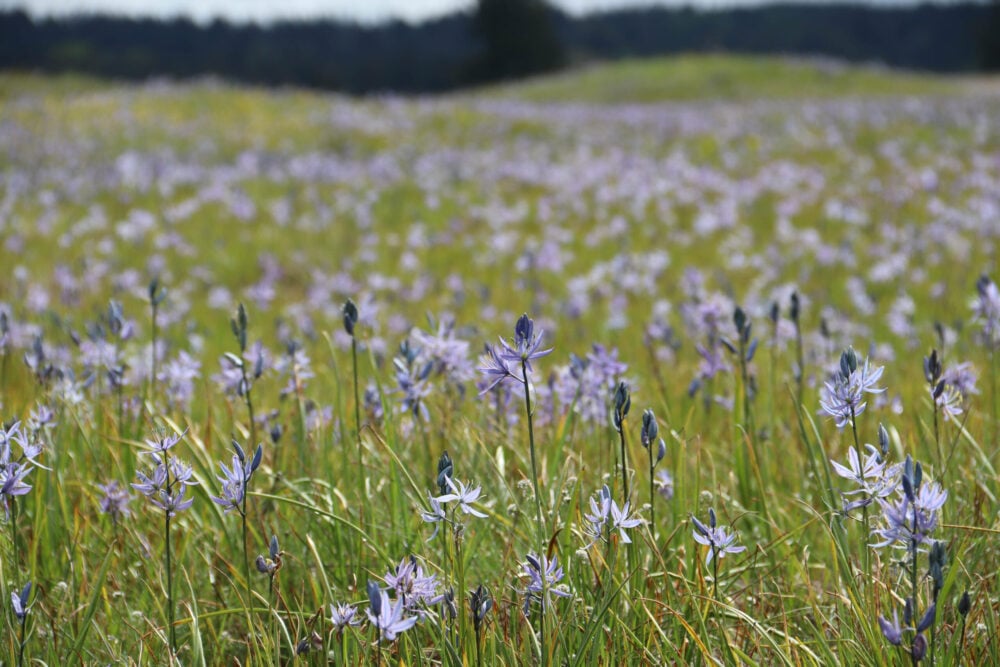

Contributor
- Topics: Archive
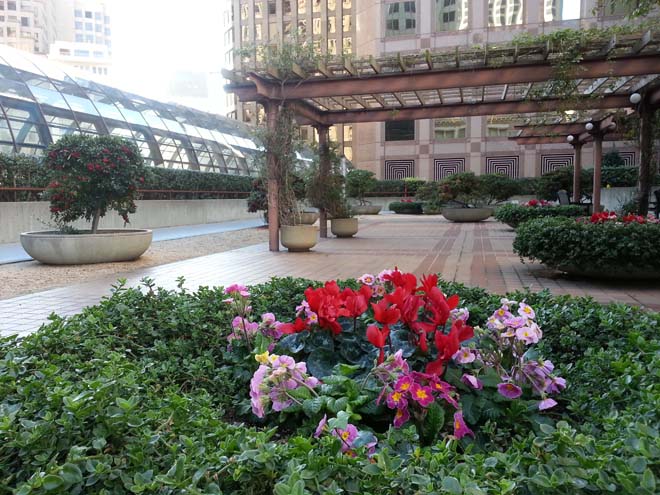
It is important to our physical and mental health to spend time outdoors. As cities grow and populations become dense, it’s increasingly important that we find ways to interact with plants and open space. Building new parks in an established city is challenging, so city planners have to get creative to find ways to mandate accessible open space.
Privately Owned Public Open Spaces (POPOS) serve as public parks on private property. Where I live in San Francisco, the skyline is becoming dense with mixed-use construction—retail spaces and/or offices topped by multi-family housing. Recognizing our need for fresh air, city planners require new buildings of this type to incorporate open space that is accessible to the public.
Creativity is borne of necessity, and POPOS are incorporated with clever variety. Some reduce the footprint of the building at ground level to accommodate courtyards and plazas. Some plant small parks or gardens on the property, offset construction by building a park nearby, or use new technology to install roof gardens. San Francisco’s new Transbay Tower transit center will have a roof garden that is five blocks long, making it one of the larger parks in town and providing an elevated space to enjoy the sunlight above shadows created at ground level by the increasing building density.
Approximately 75 POPOS have been created in downtown San Francisco since 1959, but only recently has there has been a push to publicize their locations with enforced signage standards and posted open hours. The San Francisco Planning and Urban Research Association (SPUR) has created a PDF map and iPhone app guiding visitors to these pocket parks.
A similar attitude toward the need for open space is behind the growing “parklet” phenomenon—a program wherein businesses sponsor a metered parking space or two and convert them into a dedicated mini-park where passers-by can step aside from foot traffic and have a seat. Originating in San Francisco, the parklet concept is taking off in other cities hungry for outdoor space and is especially popular in neighborhoods with heavy foot traffic and little access to parks.
Parklets provide another innovative opportunity to create a connection with the natural world. Last year, a section of Powell Street was completely con-verted into a two-block parklet in the tourist-heavy downtown shopping district. From the Market Street cable car turnaround to Union Square, all street parking was eliminated and replaced with much-needed seating stylishly interspersed with planters, providing a highly successful model for pedestrian safety and ease of congestion.
As populations increase, “green” developers will seek new ways to juggle open space and density to keep plants and people connected. With a little ingenuity, we can creatively incorporate POPOS and parklets into new developments and existing neighborhoods, creating pleasant spaces that strengthen our link to the natural world.
Photo gallery of some of San Francisco’s POPOS and Parklets.
(Click thumbnail to start the slides, then toggle between shots with onscreen arrows or your keyboard.)
Share:
Social Media
Garden Futurist Podcast
Most Popular
Videos
Topics
Related Posts
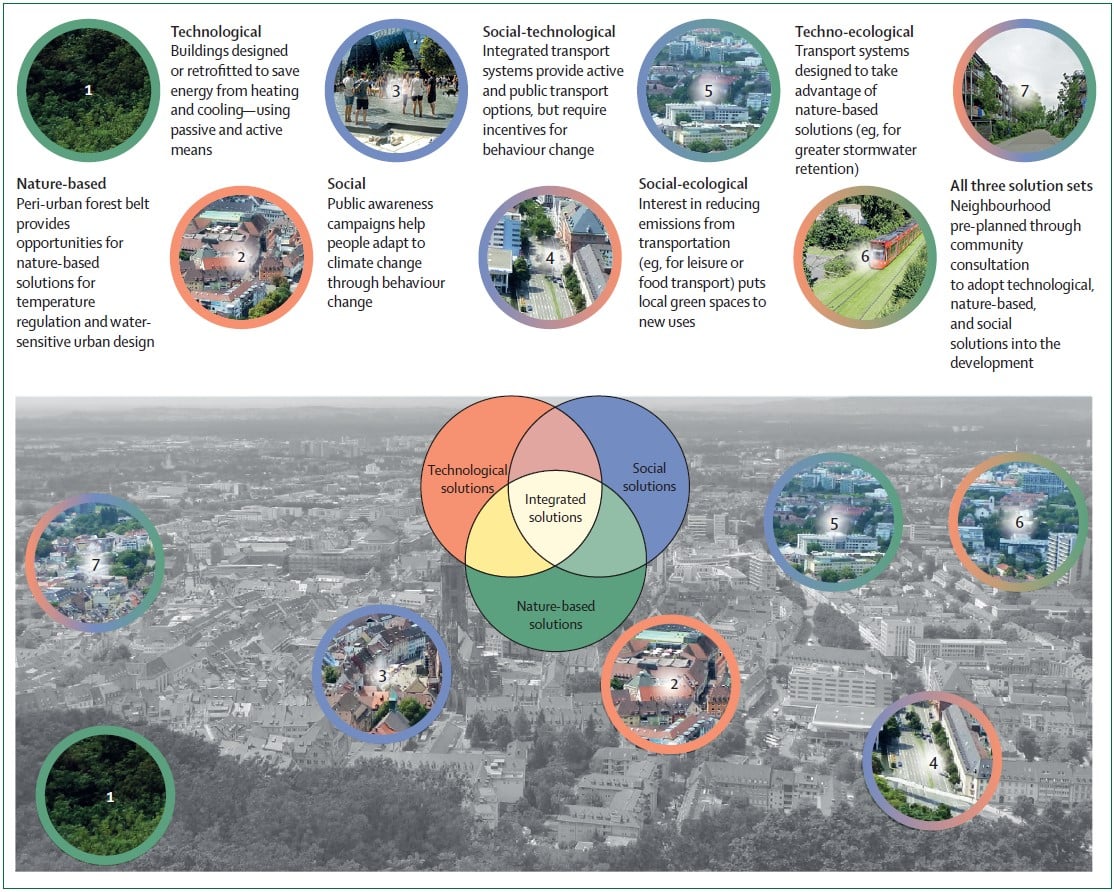
Ground Up Science for Greener Cities with Garden Futurist Dr. Alessandro Ossola
Spring 2023 Listen to the Podcast here. Alessandro Ossola is a scientist who gets very excited about the challenge of climate change allowing for an
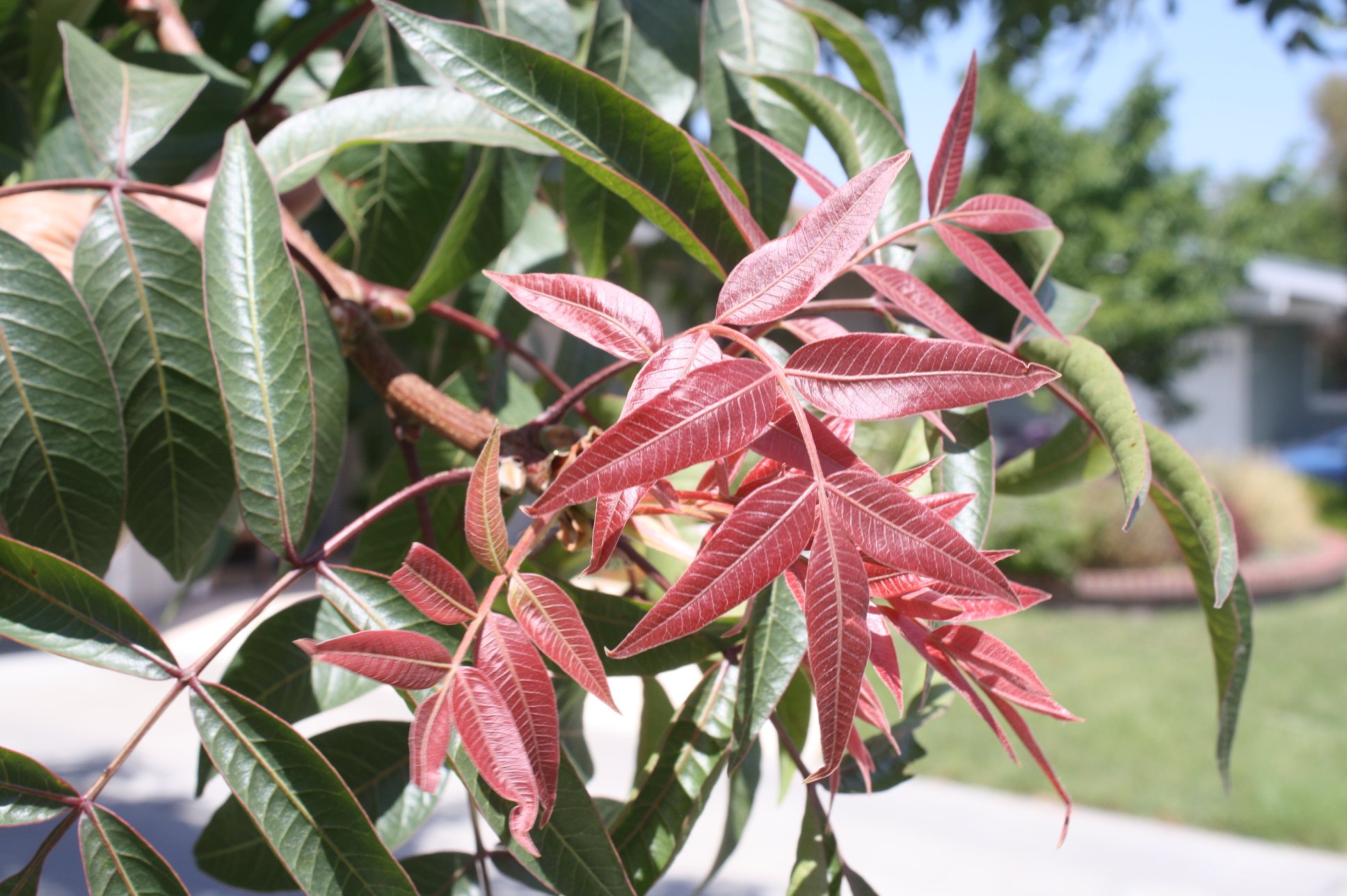
Readying Urban Forests for Climate Realities with Garden Futurist Dr. Greg McPherson
Winter 2023 Listen to the Podcast here. “Going from the mow and blow to a more horticulturally knowledgeable approach to maintaining the landscape. And that
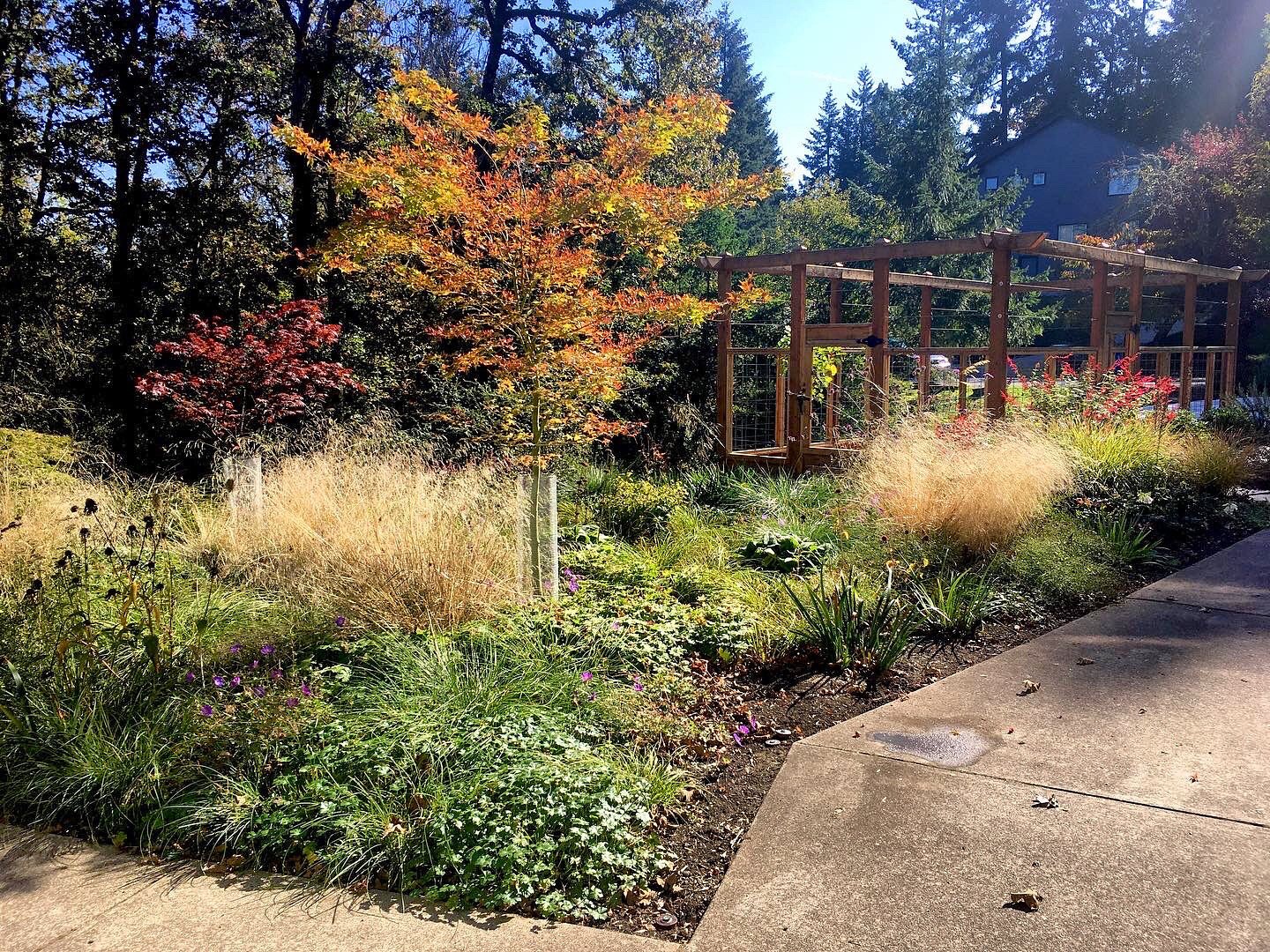
Low Maintenance Gardens – Better for Pollinators and People
Autumn 2022 “I come out every day. It’s therapy, my meditation.” Janet’s young garden transformed from overgrown, invasive plants to mostly natives. The dailiness of
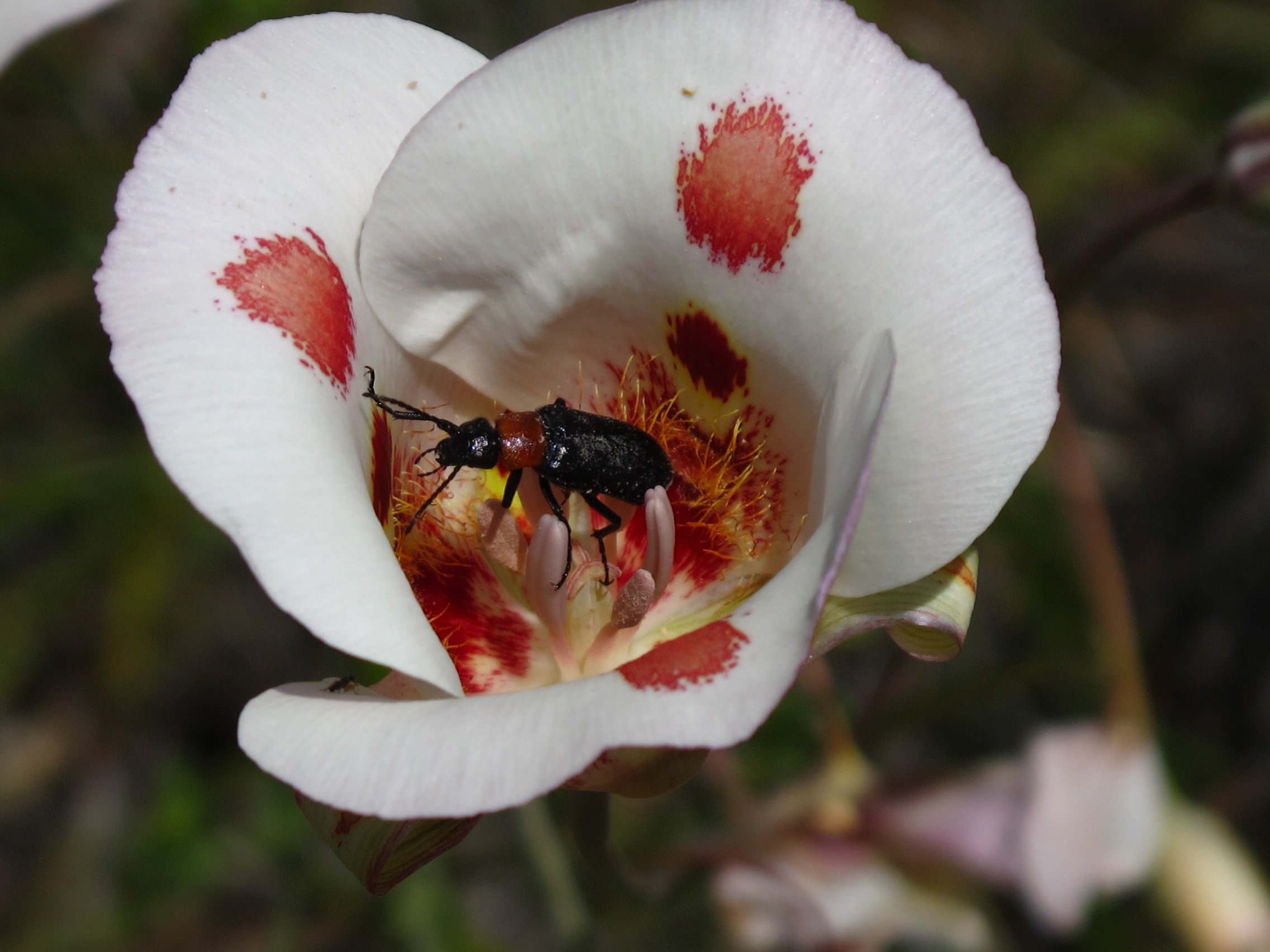
Calochortophilia: A Californian’s Love Affair with a Genus
Summer 2022 I can chart the progression of my life by Calochortus. For the last two decades, at least. As a teenage girl growing up






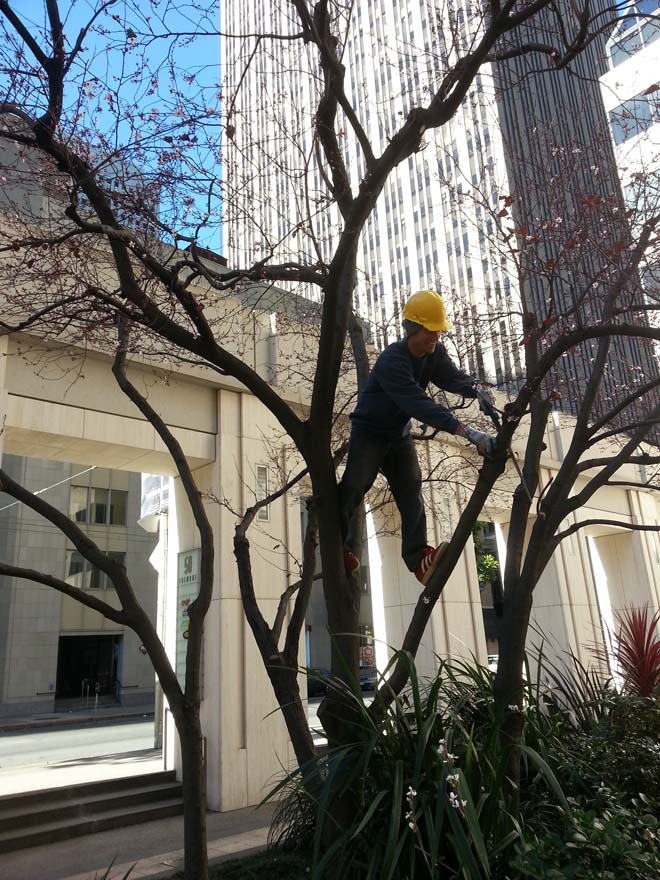







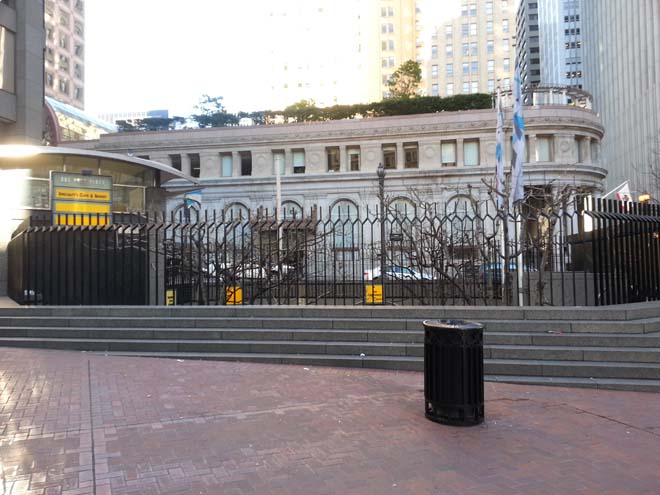




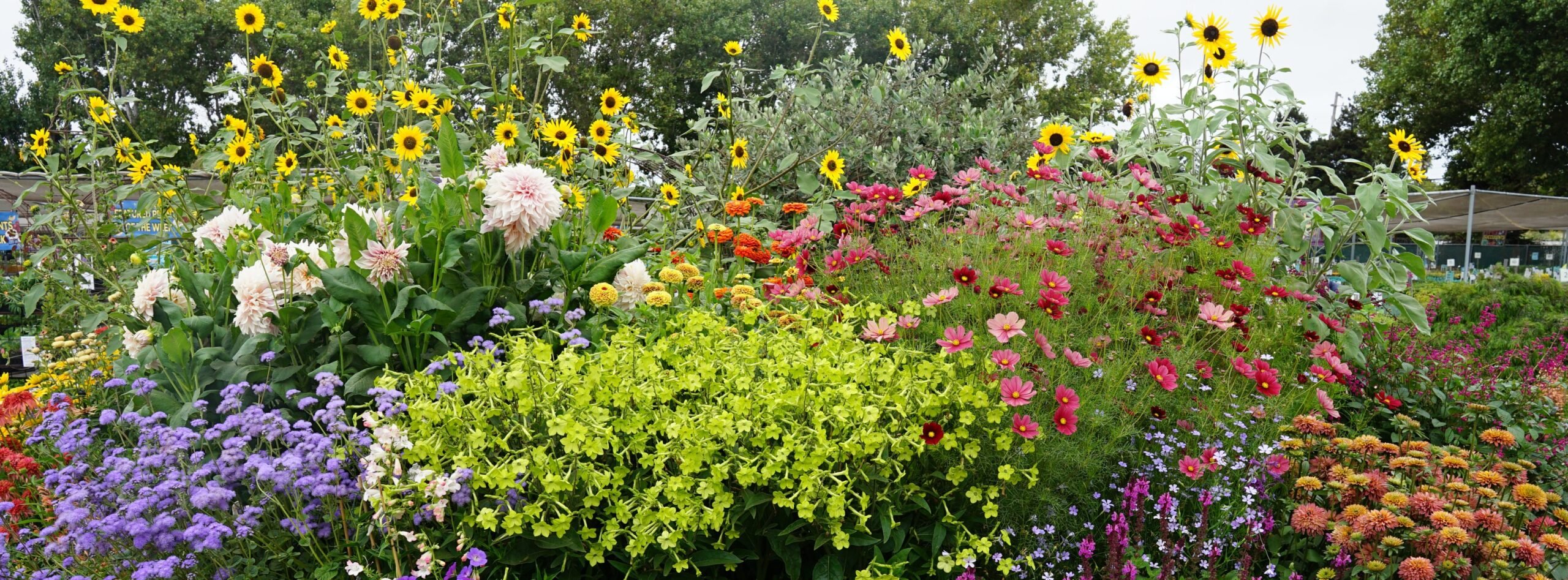




Responses